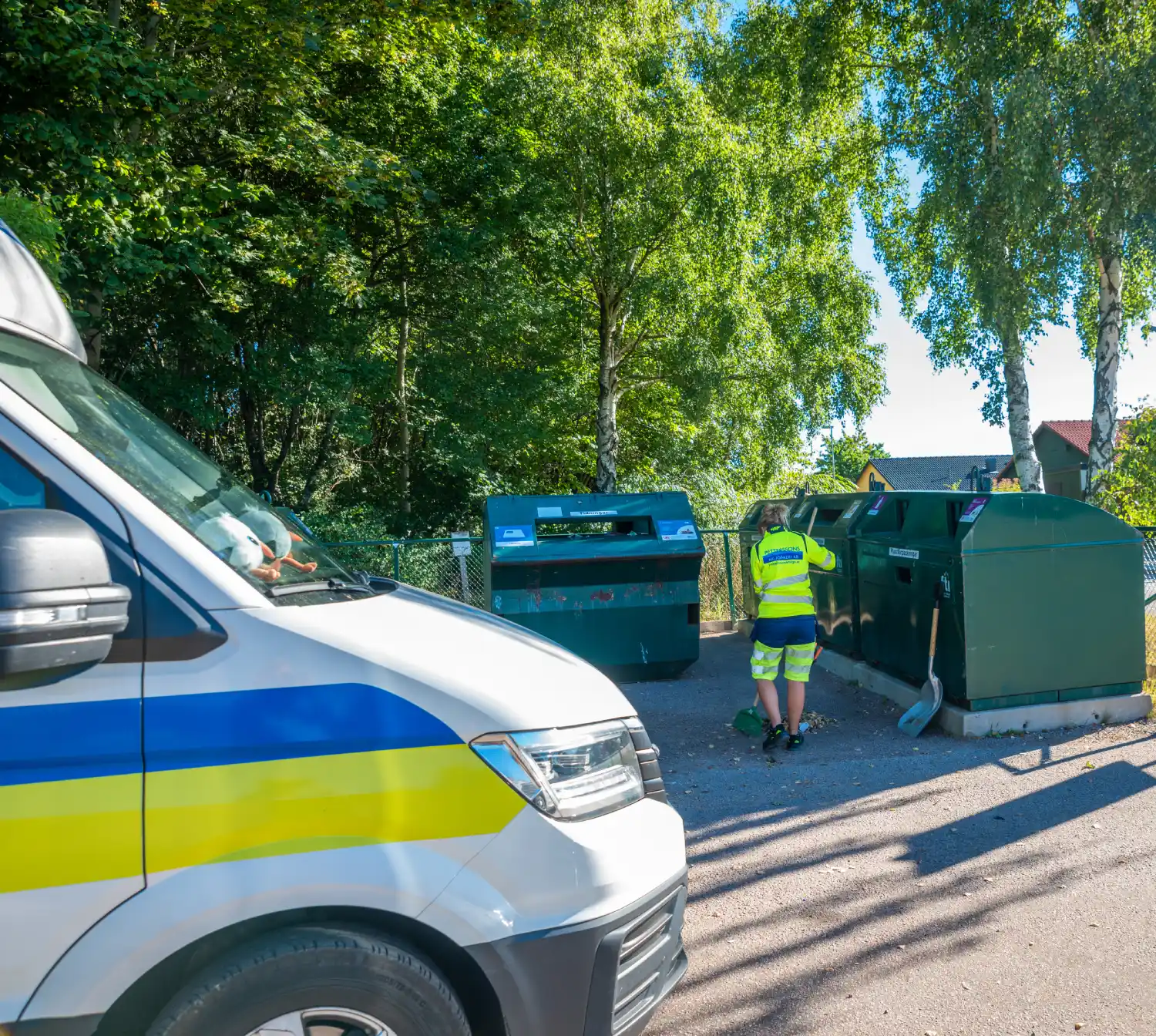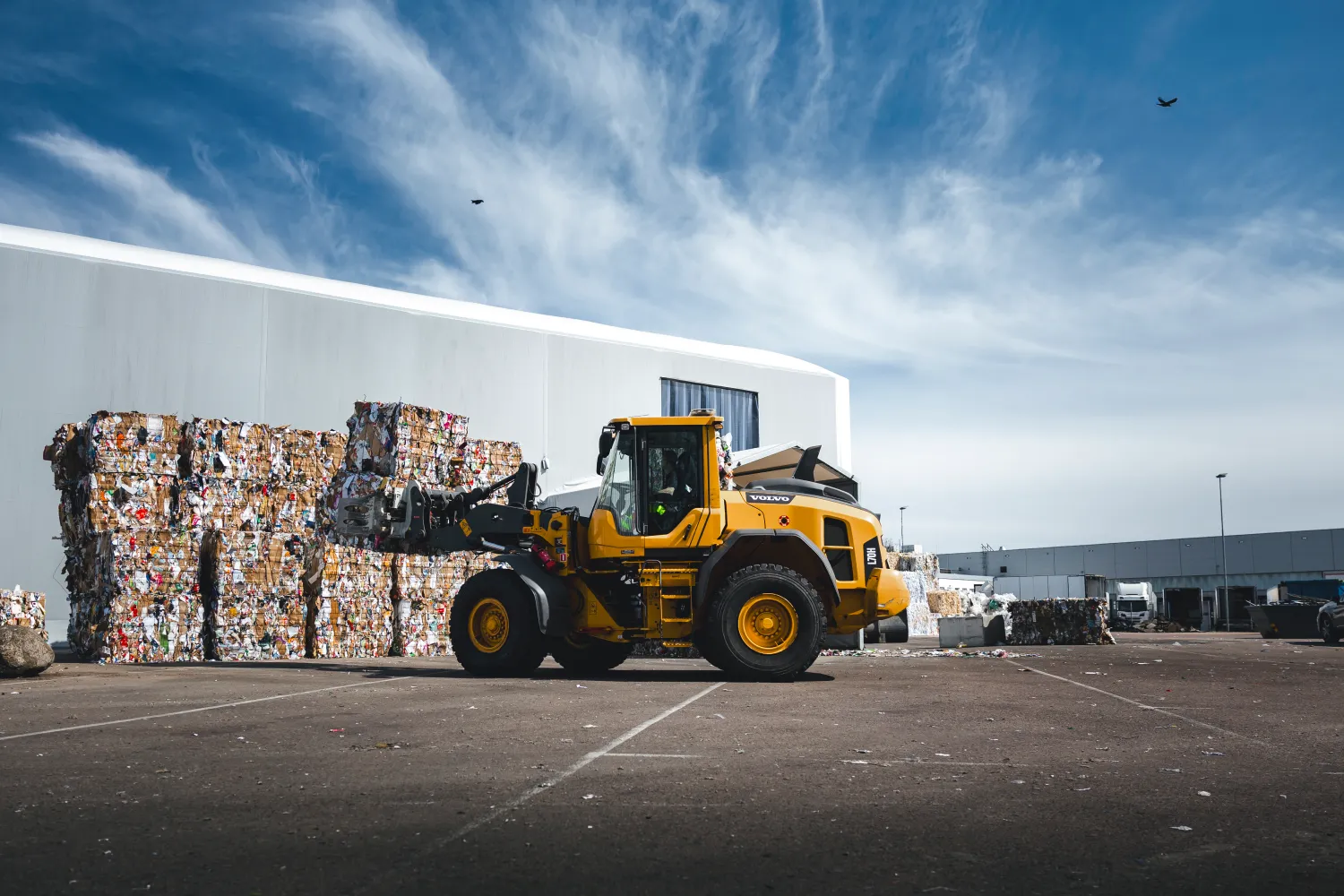Achieving Sustainability Goals Through Efficient Recycling Operations
Achieving Sustainability Goals Through Efficient Recycling Operations
Blog Article
Sustainability has quickly become an international goal, and recycling plays a vital role in reducing environmental impact. Many organizations are actually placing formidable sustainability objectives, with efficient recycling methods emerging as a vital strategy. But how exactly can corporations obtain these targets through smarter recycling operations? By leveraging efficiency, data-driven strategies, and community involvement, Recycling (Återvinning) may get sustainable change.
Recycling By the Figures
Did you understand that internationally, 2.01 million tons of spend are generated annually? Alarmingly, no more than 19% with this spend is recycled. Increasing this determine is essential, as landfills significantly subscribe to greenhouse gasoline emissions, sales for around 14% of world wide methane emissions. Recycling not just reduces landfill dependency but additionally preserves energy, with materials like aluminum eating 95% less energy when recycled compared to primary production.

The Role of Efficient Recycling Operations
Performance is the backbone of successful recycling operations. Without proper spend sorting and recovery procedures, the recycling cycle may eliminate equally material possible and cost-effectiveness. Like, contamination in recycling bins remains a substantial concern, with costs averaging at 25% in certain areas. These inefficiencies highlight the requirement to streamline operations for optimum outcomes.
Progressive systems like AI-driven spend selecting systems have become game-changers in that field. By improving organizing precision and running speeds, these technical developments lower contamination and increase recycling yields. Furthermore, employing better logistics in recycling services may reduce transport emissions and increase product healing charges by almost 30%.
Placing and Meeting Recycling Objectives
Setting possible recycling goals is crucial for long-term sustainability success. Sweden, for instance, has become a chief in spend management, recycling about 99% of home waste. That achievement shows its stringent guidelines, intensive infrastructure, and community knowledge efforts. Nations and organizations alike can take a page from Sweden's book by adopting apparent objectives and aligning them with measurable KPIs.

One effective strategy is participating areas and employees through recycling education. Like, organizations have observed waste diversion rates improve by as much as 20% by simply providing education on what can and can't be recycled.
A Sustainable Potential Begins Now
Successful recycling procedures tend to be more than simply a checkbox for sustainability goals. They are an essential software for lowering waste, keeping power, and handling climate change. By adopting sophisticated technologies, marketing training, and tailoring recycling goals, businesses and areas may revolutionize their environmental impact. Report this page